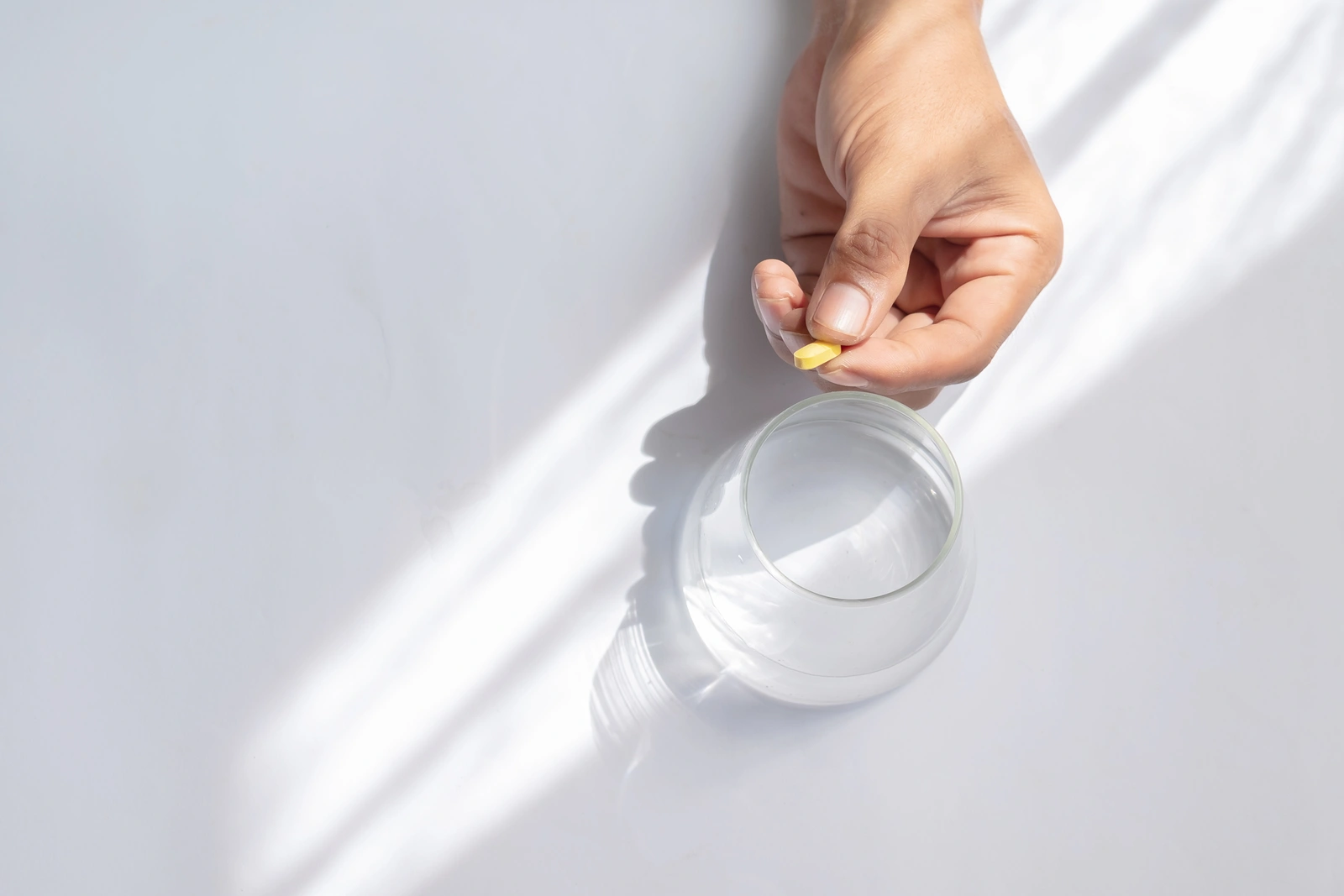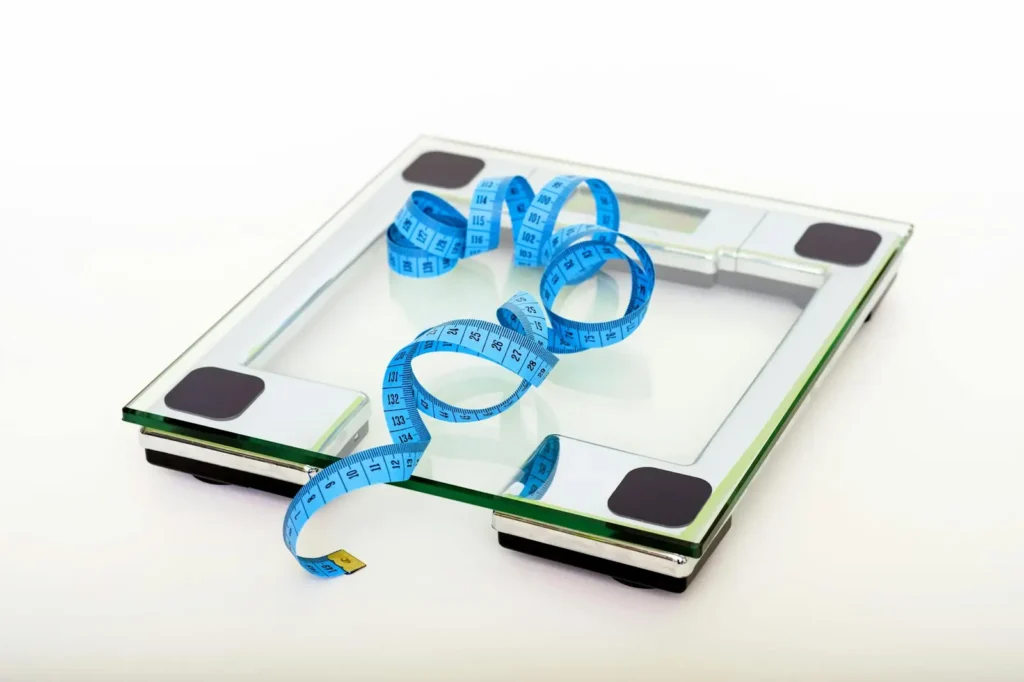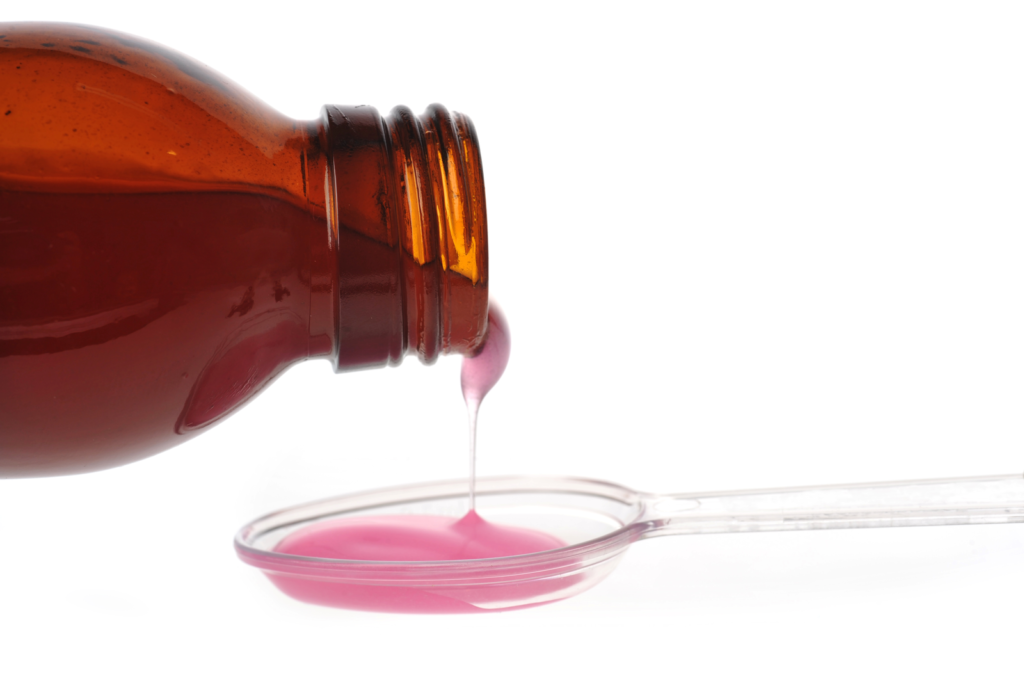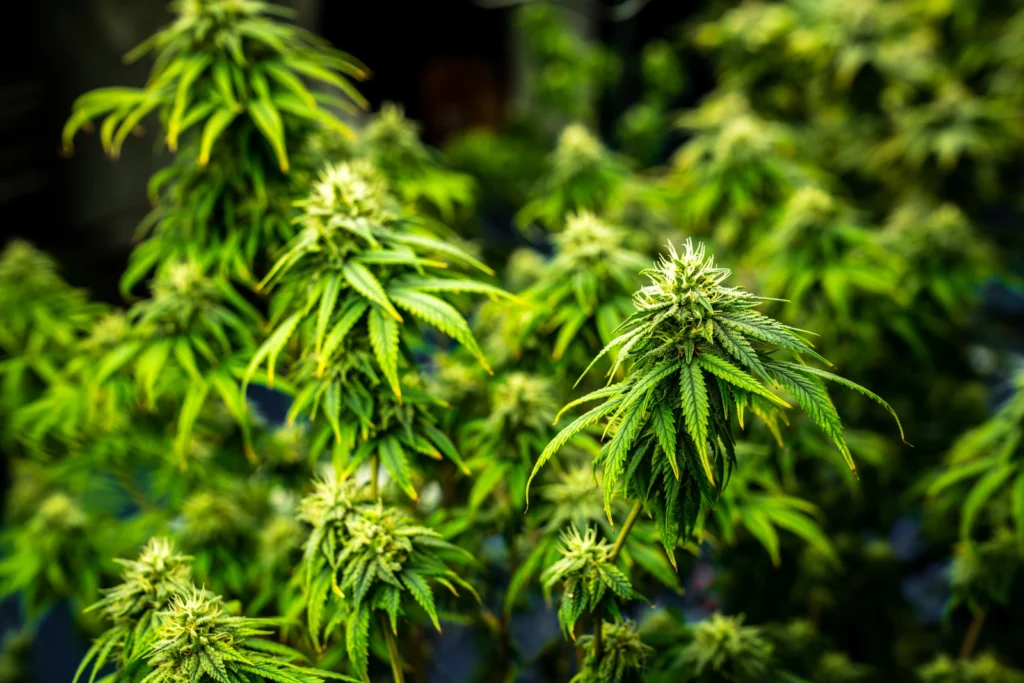Can You Drink on Zoloft: Risks and Safety Precautions

Drinking alcohol while taking Zoloft is a situation many individuals may encounter, as both Zoloft and alcohol consumption are relatively common. Zoloft, a commonly prescribed medication for depression, anxiety, and other mental health conditions, is used by millions of people worldwide to manage symptoms and improve quality of life.[1] Similarly, alcohol is widely consumed in social settings and as a way to unwind or relax.
Drinking alcohol while taking Zoloft can pose significant risks and complications due to the potential interaction between the two substances. It’s important to consider the risks of doing so to make informed choices for your health.
Key Facts
- Combining Zoloft and alcohol can lead to significant risks and complications due to their potential interaction, necessitating careful consideration before consumption.
- Zoloft belongs to the class of selective serotonin reuptake inhibitors (SSRIs) and is utilized to treat conditions like depression, anxiety disorders, OCD, PTSD, and PMDD.
- The potential risks of drinking while on Zoloft include increased central nervous system depression, worsened side effects, decreased medication effectiveness, elevated risk of serotonin syndrome, liver damage, and interactions with other medications.
- To minimize risks, individuals should consult healthcare providers, set personal limits, monitor symptoms, stay hydrated and eat well, plan alcohol consumption thoughtfully, be mindful of interactions, and seek help if concerned about alcohol use disorder.
What is Zoloft?
Zoloft, known by its generic name, sertraline, is a widely prescribed medication belonging to the class of selective serotonin reuptake inhibitors (SSRIs).[2] It is primarily used to treat a range of mental health conditions, including depression, anxiety disorders, obsessive-compulsive disorder (OCD), post-traumatic stress disorder (PTSD), and premenstrual dysphoric disorder (PMDD).[3]
Sertraline increases serotonin levels, a neurotransmitter in the brain that plays a crucial role in regulating mood and emotions.[4] By inhibiting the reuptake of serotonin, Zoloft helps to enhance serotonin activity in the brain, which can alleviate symptoms of depression and anxiety and improve overall mood and well-being.
Zoloft may take several weeks to reach its full therapeutic effect, so it’s essential to continue taking it as directed, even if you do not notice immediate improvement.[5] Additionally, healthcare providers may adjust the dosage of Zoloft based on individual response and tolerance to the medication.
Can You Drink on Zoloft? What Are the Potential Risks?
Drinking alcohol while taking Zoloft can pose several potential risks and complications:[6]
- Increased CNS depression: Both Zoloft and alcohol can depress the central nervous system. Together, they can amplify each other’s effects, leading to increased drowsiness, dizziness, and impairment of cognitive and motor functions.
- Worsening side effects: Alcohol can exacerbate the side effects of Zoloft, such as dizziness, drowsiness, and impaired coordination. Combining the two substances can intensify these symptoms, making it more challenging to function safely and effectively.
- Decreased effectiveness: Alcohol may interfere with the effectiveness of Zoloft in treating depression, anxiety, or other mental health conditions. Drinking alcohol while taking Zoloft could potentially reduce the medication’s therapeutic benefits, leading to inadequate symptom control and worsening of symptoms.
- Liver damage: Both Zoloft and alcohol are metabolized by the liver. Combining them can put additional strain on the liver and increase the risk of liver damage or worsening pre-existing liver conditions.
- Drug-drug interactions: Alcohol may interact with other medications that a person is taking alongside Zoloft, potentially increasing the risk of adverse effects or drug interactions.
What Are the Best Practices for Alcohol Consumption While Taking Zoloft?
While some individuals may choose to drink alcohol while taking Zoloft, it’s crucial to acknowledge the potential risks and complications associated with this combination listed above. Combining alcohol with Zoloft can lead to increased central nervous system depression, worsened side effects, and decreased medication effectiveness.
Additionally, alcohol consumption can strain the liver and may interact with other medications. Understanding these risks is essential for individuals prescribed Zoloft to make informed decisions about alcohol consumption and prioritize their health and well-being.
Best Practices for Alcohol Consumption While Taking Zoloft

- Work with your provider: Before drinking alcohol while taking Zoloft, it’s essential to consult with your healthcare provider. They can provide personalized guidance based on your medical history, medication regimen, and individual needs. Your healthcare provider can help you assess the potential risks and benefits of alcohol consumption and may offer recommendations or adjustments to your treatment plan.
- Set limits: If you choose to drink alcohol while on Zoloft, consider setting personal limits and adhering to responsible drinking practices. This may include limiting the amount of alcohol consumed, spacing out drinks over time, and avoiding binge drinking or excessive alcohol consumption. Setting clear boundaries can help minimize the risk of adverse effects and maintain control over alcohol intake.
- Monitor any symptoms: Pay close attention to how your body responds to alcohol while taking Zoloft. Be mindful of any changes in mood, behavior, or physical sensations. If you experience any concerning symptoms or side effects, such as increased drowsiness, dizziness, or mood changes, it may be a sign to limit or abstain from alcohol consumption and seek guidance from your healthcare provider.
- Stay hydrated: Ensure that you stay hydrated and nourished while drinking alcohol. Drink plenty of water to prevent dehydration, and eat a balanced meal before consuming alcohol. Avoid drinking on an empty stomach, as this can increase the absorption of alcohol and intensify its effects.
- Plan: Plan your alcohol consumption thoughtfully and consider the timing of your Zoloft dosage. Avoid drinking alcohol shortly before or after taking Zoloft to minimize potential interactions. Plan social events or activities that do not revolve around alcohol to reduce temptation and support your overall well-being.
How Can I Make Informed Choices About Alcohol Use While Using Prescription Medication?
Making informed choices about alcohol use while using prescription medication involves several important steps. First and foremost, it’s essential to consult with your healthcare provider or pharmacist before consuming alcohol while taking any prescription medication. They can provide valuable information about potential interactions between alcohol and your medication, as well as offer personalized guidance based on your medical history, current health status, and individual needs. Your healthcare provider can also help you weigh the potential risks and benefits of alcohol consumption and may offer recommendations or adjustments to your treatment plan to ensure your safety and well-being.
Additionally, if you have a history of substance use issues or are concerned about your alcohol consumption, it’s crucial to seek help and support from healthcare professionals or specialized treatment programs. Substance use disorders require comprehensive treatment and support, and healthcare providers can offer resources, counseling, and interventions to help you address problematic alcohol use and make positive changes in your life. Whether through therapy, support groups, or medication-assisted treatment, seeking help for substance use issues is an important step toward recovery and improved overall health and well-being.
What is Alcohol Use Disorder?
Alcohol use disorder (AUD) is a chronic condition characterized by problematic patterns of alcohol consumption that lead to significant impairment or distress.[7] Individuals with AUD may struggle to control their drinking, experience cravings for alcohol, and continue to drink despite negative consequences on their health, relationships, or work.
AUD can range from mild to severe and may involve symptoms such as tolerance, withdrawal, and unsuccessful attempts to cut down or stop drinking. Help is available for alcohol use disorder through a full continuum of care, including counseling, support groups, medication-assisted treatment, and residential or outpatient rehabilitation programs.




